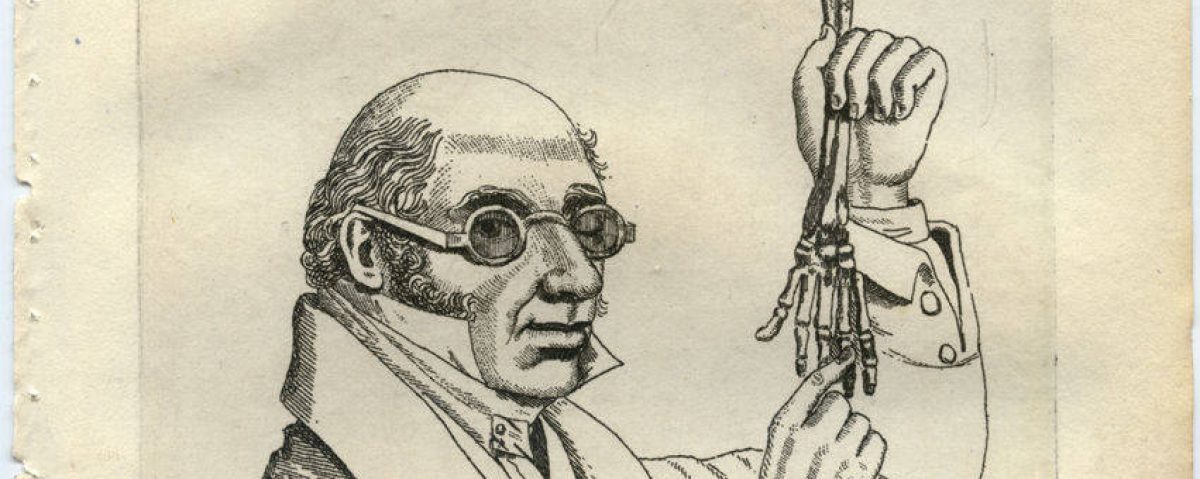Education Outside of the Major
Thousands of people attend college every year, hoping to gain a successful job in the field they are studying in. Yet, majors only actually require 40-60 credits, leaving the student to take most classes outside of their chosen field. These additional classes lead the student to become more successful in their major, then they would if they weren’t going to take any courses other than their major. In The Loss of the Creature, written by Walker Percy, he highlights two major problems. One of them is that the student is at a loss of sovereignty and the other is that many courses are taught information with unnecessary factors involved. For the student to become the knower again can occur from the education outside of their major. By taking other classes not necessary for one’s major, they will become successful in learning how to learn, failing to succeed, trusting of the experts in their field.
The first advantage of taking classes outside one’s major is that the student will become an excellent learner. By taking so many classes and not just the 40-60 credits, it forces the student to sit in several classes. The student may not necessarily remember every detail they learn in every class, but they will know how they learned. A person never stops learning, no matter how old or experienced they are, and this is why becoming a learner is so critical. Walker Percy wrote, “It is only the hardiest and cleverest of students who can salvage the sonnet from this many-tissued package. It is only the rarest student who knows that the sonnet must be salvaged from the package” (Percy 4). The many-tissued package is also called the educational package, which is the information being taught to a student with several media involved. Medias such as surrounding noises, technology, and the teacher can all affect how one grasps the idea. Percy believes that if a student can remove all the media, then they are learning. This is a challenge and does not come easy. Taking the classes not directly related to a major gives more opportunity for a student to learn how to learn. Students must practice and through experience, will ultimately achieve it. The classes that may be deemed unnecessary or pointless, are potentially helping the students on becoming expert learners, and eventually experts in their field.
Secondly, taking multiple classes can, and most likely will, lead to failure in some. A student chooses a major because they are either interested or already good at that specific field or skill. However, when taking classes outside of one’s major, a student may be placed in a class they aren’t particularly good at or interested in. Failure in those courses brings a stronger sense of self. No one is an expert in everything, so by failing some classes, it only shows that the student can take the unnecessary course off their plate. There is no need for the stress that comes with trying to succeed in every class, and by overcoming that need, the student will become happier with their chosen major. The strength of not caring will ultimately lead to more success and focus on the student’s intended field of study. Walker Percy wrote, “ The loss of sovereignty takes this form: as a result of the science of botany, trees are not made available to every man” (Percy 6). This quote describes perfectly that not every course is made for everyone. A student has to be willing to focus on every subject in order to succeed in every field, but some fields aren’t made for them, just like Percy explains that not every tree is available to everyone. By taking extra classes, the student becomes more interested in their major, knowing that is the field of study for them. Failure in classes causes the student to love their major, gaining control of who they want to be.
The loss of sovereignty is a huge part of Percy’s message in his essay. This can be described by a loss of power and control of your own self. In taking classes outside of a student’s major, they would have more control of their sovereignty than they do when taking classes in their major. This is because students give more of their trust in the professor in their major since they want to learn as much as they can from the “experts.” In a class not in their major, students may not care as much to know about that particular topic, so they have more power over their learning. The student will not lose their sovereignty in this case because they aren’t as worried about becoming an expert on something they know they aren’t interested in, so they give more attention to their major. The student is strongest when they are not giving in to all of one professor’s ideas and expertise. In that case, the student is becoming the professor, not themselves. Walker Percy wrote, “A sovereignty of the knower—instead of being a consumer of a prepared experience, I am a sovereign wayfarer, a wanderer in the neighborhood of being who stumbles into the garden”(Percy 5). Percy shows that sovereignty is not in the prepared experience like a student’s major, but in the student being a wanderer, meaning the classes outside of their major. Noticing that students lose their sovereignty in classes in their major makes the student know that they really care about the field of study they choose and that they really want to pursue it in the future.
